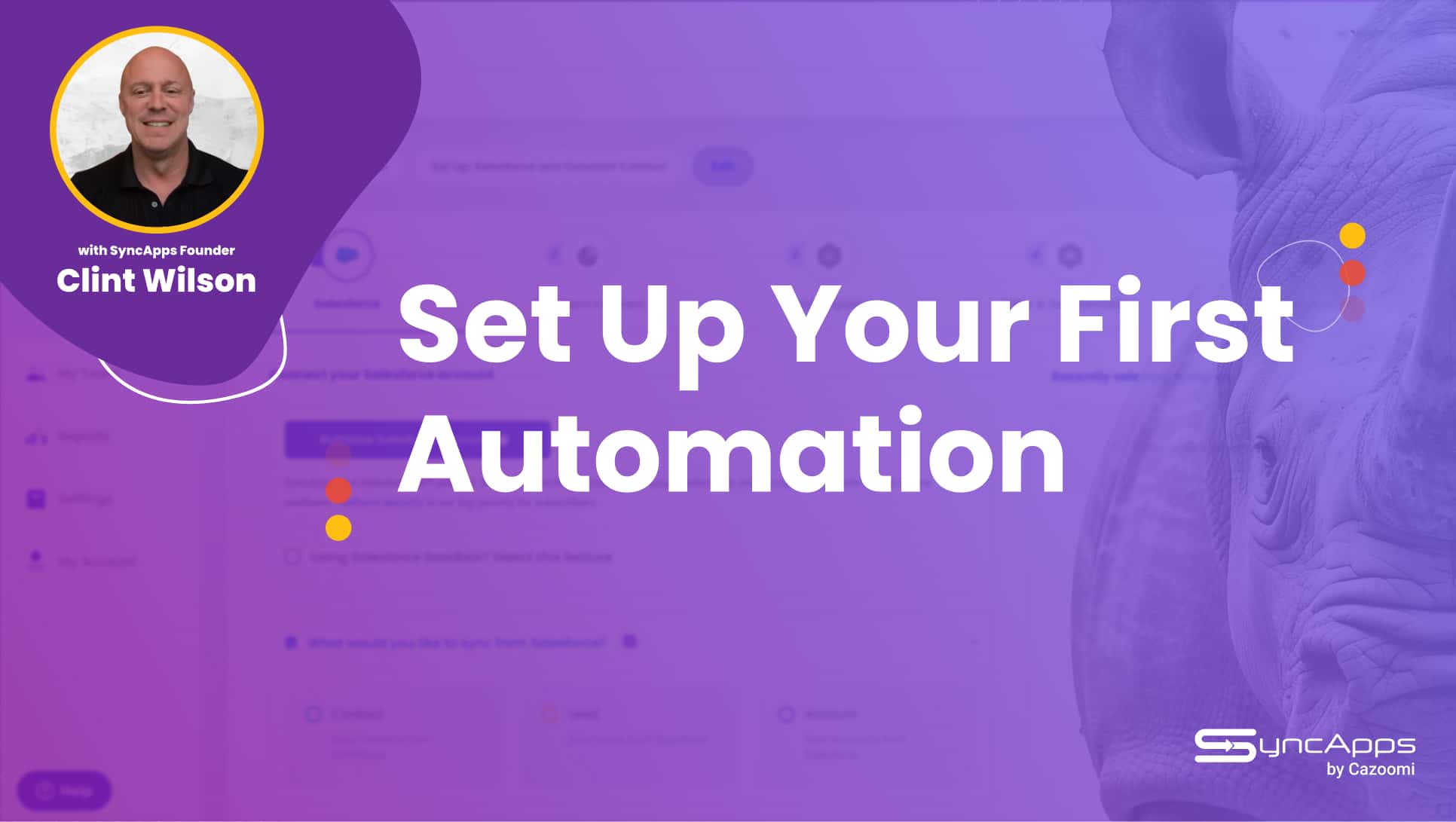Beyond Newsletters: Why Marketing Automation Offers More Than Email Marketing
Marketing automation outperforms email marketing in several key areas:
- Handles multiple channels, not just email
- Provides advanced behavior-based targeting
- Scales easily as your business grows
- Tracks full customer insights across touchpoints
- Better for long-term lead nurturing
Quick Comparison:
| Feature | Email Marketing | Marketing Automation |
| Focus | Emails only | Multi-channel approach |
| Personalization | Basic segmentation | Smart behavior targeting |
| Scalability | Limited by manual work | Easily scales up |
| Data Tracking | Email metrics only | Full customer journey insights |
| Best For | Quick sales, direct communication | Long-term lead nurturing |
| ROI | $36 for $1 spent | 14.5% sales productivity boost |
Email marketing works well for simple campaigns and small businesses. But if you want to grow, get personal at scale, and create seamless customer experiences across channels, marketing automation is the way to go.

Email Marketing vs. Marketing Automation
Email Marketing vs. Marketing Automation
1. What Email Marketing Does
Email marketing isn’t just about blasting out newsletters. It’s a powerhouse for your business. Here’s the lowdown:
Basic Functions
At its core, email marketing is your direct line to your audience. It:
- Sends targeted messages to specific subscriber groups
- Tracks how people interact with your emails
- Automates campaigns based on triggers or schedules
Software Connections
Email marketing plays well with others. It often teams up with:
| Tool | What It Does | Why It’s Awesome |
| CRM | Syncs customer data | Makes emails personal based on customer history |
| E-commerce platforms | Links product info | Suggests products people actually want |
| Analytics software | Tracks website behavior | Sends emails based on what users do |
How Data Works
Data is the secret sauce of email marketing:
- It splits your list into groups based on who people are and what they do
- It makes emails feel personal and relevant
- It lets you test different versions to see what works best
Results for Business
When you do it right, email marketing delivers:
- Serious ROI: You can make about $36 for every $1 you spend
- Better engagement: Targeted campaigns can boost revenue by 760%
- Loyal customers: Regular, relevant emails keep you on their radar
“In 2024, email marketing is still a big deal. It’s great for getting new customers, keeping the ones you have, and getting people to engage with your brand.” – Statista Report
Email marketing isn’t just sending emails. It’s about smart, data-driven communication that gets results.

2. What Marketing Automation Does
Marketing automation is like a digital Swiss Army knife for your marketing efforts. It’s not just about sending emails – it’s about orchestrating a symphony of marketing tasks across multiple channels.
Basic Functions
Marketing automation platforms can:
- Capture and nurture leads across various touchpoints
- Segment audiences based on behavior and demographics
- Deliver personalized content at scale
- Track and analyze customer interactions
- Automate social media posts and ad campaigns
Software Connections
Marketing automation plays well with others. Here’s how it connects:
| Software Type | Integration Benefits |
| CRM | Syncs customer data for personalized campaigns |
| E-commerce | Triggers actions based on purchase history |
| Analytics | Provides deep insights into campaign performance |
| Social Media | Schedules and publishes content across platforms |
How Data Works
Data fuels marketing automation. It collects information from multiple sources (website visits, email interactions, social media engagement). Then, it uses AI and machine learning to predict customer behavior. This enables dynamic content that changes based on user actions and facilitates A/B testing to optimize campaigns in real-time.
Results for Business
When done right, marketing automation delivers:
- More efficiency: Salesforce reports a 14.5% boost in sales productivity
- Better leads: Companies see a 451% increase in qualified leads (Nucleus Research)
- Bigger purchases: Nurtured leads make 47% larger purchases than non-nurtured leads
- Better ROI: Salesforce customers report a 25% increase in marketing ROI after adopting CRM with automation

“Marketing automation isn’t just about efficiency; it’s about creating a seamless customer journey that converts. We’ve seen clients achieve a 300% boost in conversion rates by implementing targeted automation strategies.” – Dan S., Director of Marketing Operations
Real-world success: Dell used behavior analysis in their marketing automation strategy. By creating new ads based on customers’ web histories and abandoned cart data, they saw a 70% increase in click-through rates and 300% higher conversion rates.
Marketing automation is more than just email blasts. It’s a system that aligns marketing and sales, creates personalized experiences at scale, and drives business results. In today’s digital world, mastering marketing automation isn’t just nice to have – it’s a must for staying competitive.
Strengths and Limits of Each System
Let’s break down why marketing automation packs more punch than email marketing. Here’s the scoop on their strengths and weak spots:
| Aspect | Email Marketing | Marketing Automation |
| Focus | Emails only | Multi-channel approach |
| Personalization | Basic groups | Smart behavior targeting |
| Scalability | Manual work limits growth | Scales up easily |
| Complexity | Easy to start | Needs some know-how |
| Cost | Lower to begin | Costs more upfront |
| ROI | $36 for every $1 spent | 14.5% sales boost |
| Best For | Quick sales, direct talks | Long-term lead nurturing |
| Data Tracking | Just email stats | Tracks everything |
| Lead Scoring | Simple email interactions | Uses all customer touchpoints |
Email marketing? It’s straightforward and gets the job done. Small businesses love it. WebFX says over 90% of their clients stick with it for a second year. That’s pretty telling.
“Email marketing is simple yet powerful for online business”, WebFX reports. “It lets you target based on lead status, who they are, and where they’re from. Result? More conversions.”
But email marketing has its limits. It’s mostly a one-trick pony in a world where customers are everywhere.
Now, marketing automation? It’s the Swiss Army knife of marketing. It creates personalized journeys across all customer touchpoints. Salesforce users report a 25% jump in marketing ROI after adding automation to their CRM.
The catch? It’s trickier to set up and costs more at first. Not ideal for the little guys.
Conclusion
Marketing automation isn’t just email marketing on steroids. It’s a whole new ballgame. Here’s why it’s such a big deal:
Marketing automation goes beyond emails. It’s about creating a smooth customer journey across multiple channels. While email marketing focuses on, well, emails, automation handles the whole shebang.
Think of it like this: email marketing is like fishing with a single rod. Marketing automation? It’s like having a fleet of smart fishing boats.
Here’s what sets marketing automation apart:
- Super-personalization: It doesn’t just segment your list. It targets based on behavior, almost like it can read minds.
- Grows with you: As your business expands, so does your marketing power. No sweat.
- Smart insights: Forget just tracking email opens. You get a full view of how customers interact with your brand.
- Money talks: Email marketing’s ROI is impressive, but automation users see even bigger gains in sales and marketing returns.
But here’s the thing: it’s not about picking one over the other. It’s about knowing when to level up.
Starting out? Email marketing is solid. It’s simple, cheap, and effective.
Growing fast? That’s when marketing automation becomes a must-have. It helps you juggle multiple audiences and platforms without losing your personal touch.
The takeaway? Both have their place. But if you want to scale, get personal, and create seamless experiences, marketing automation is your ticket to the big leagues. It’s not just about emails – it’s about crafting experiences that convert and keep customers coming back for more.
FAQs
What’s the difference between email marketing and marketing automation?
Email marketing and marketing automation might seem similar, but they’re quite different beasts:
| Feature | Email Marketing | Marketing Automation |
| Focus | Mainly email campaigns | Multiple marketing channels |
| Scope | Direct customer communication | Wider range of activities |
| Complexity | Easier to set up and run | More complex, needs integration |
| Best for | Quick buys, cheaper products | Longer sales cycles, pricier items |
| Personalization | Basic segmentation | Advanced behavior-based targeting |
Think of email marketing as a sharp knife, while marketing automation is more like a Swiss Army knife.
Take Paula’s Choice, a skincare brand. They use email marketing to send targeted discount codes. It works great for their cheaper products where customers don’t need much time to decide.
But marketing automation? It’s perfect for industries where people take their sweet time before buying. It can nurture leads across multiple touchpoints, not just email.
Is marketing automation only about email?
Nope, marketing automation is WAY more than just email. It’s a full-on approach to streamline marketing tasks across different channels. Here’s what it can do:
- Handle social media posts
- Keep tabs on website visitor behavior
- Personalize your website content
- Run ad campaigns on autopilot
- Score and qualify leads
- Play nice with CRM systems
Big players like HubSpot or Marketo can handle all this and more. They’re built to create a smooth customer journey, no matter where your customers are hanging out.
“Marketing automation isn’t just about emails. It’s about creating a seamless experience for your customers, whether they’re browsing your website, scrolling through social media, or opening an email.” – Akshay Kothari, CPO at Notion
So, while email is part of the game, it’s just one piece of the marketing automation puzzle.





